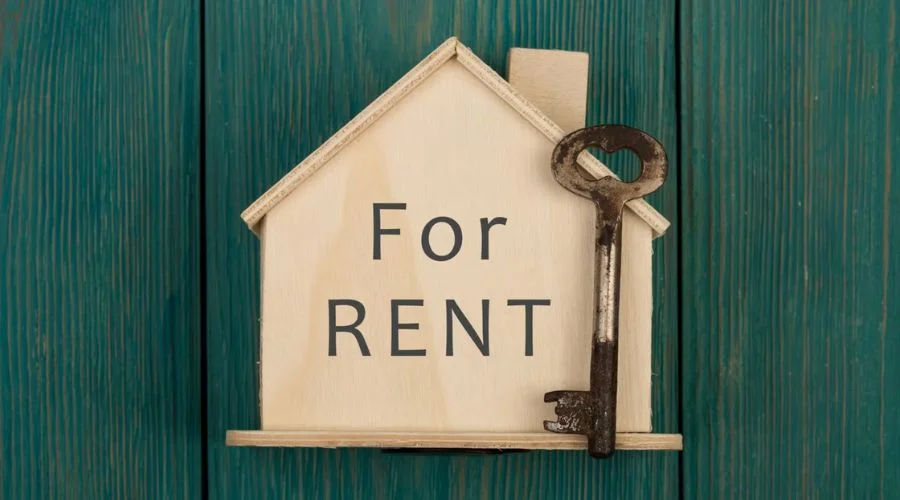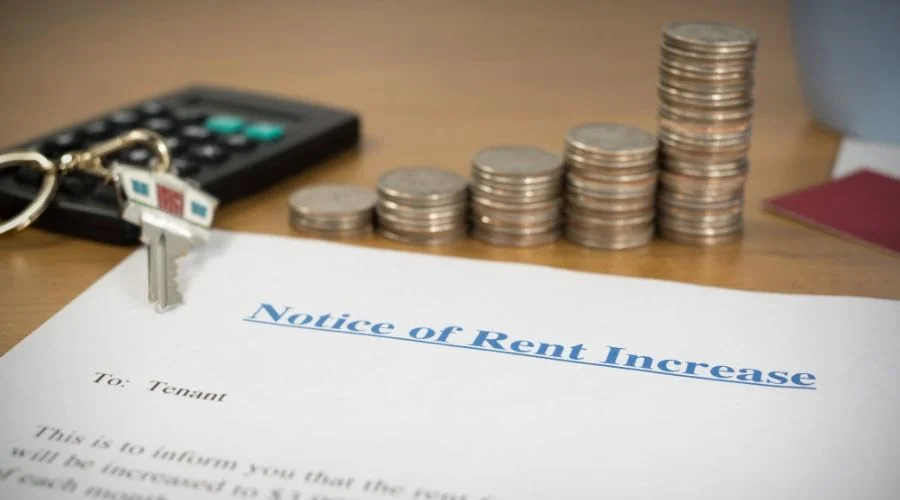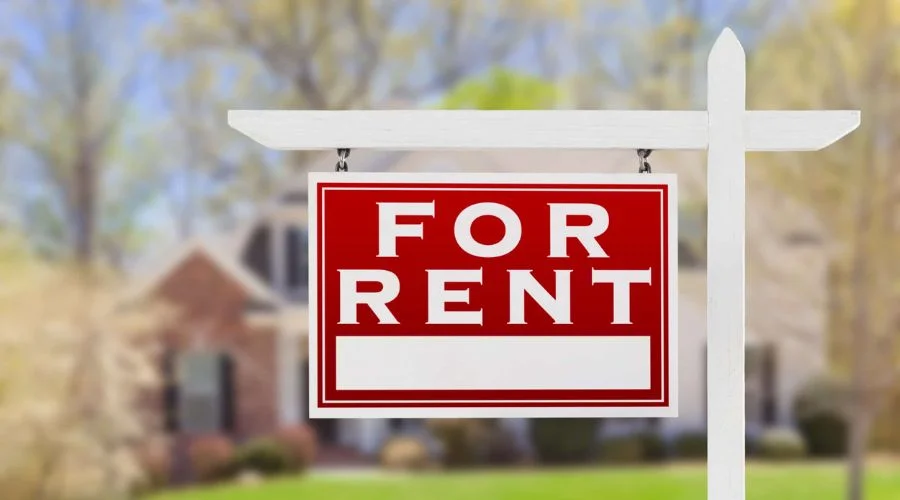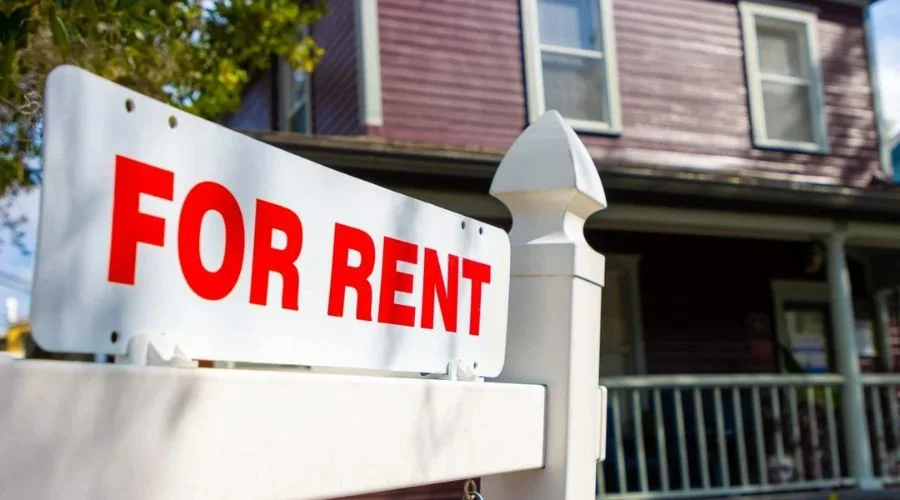Illinois Rent Control Laws continue to shape the rental market for both landlords and tenants. With rising housing costs and growing debates around rent stabilization, understanding these rules is essential for anyone signing or renewing a lease in Illinois.
LeaseRunner’s guide explains the state’s rent increase rules, recent proposals, and what they mean for renters and property owners. Whether you want to avoid disputes or prepare for changes, knowing your rights helps you stay informed and protected.
Overview of Illinois Rent Control Laws (as of 2025)
Illinois operates under a distinct legal framework for rent control. Unlike some states that allow city-level rent stabilization, Illinois law prevents both statewide and local rules from setting rent caps.
As a result, landlords retain wide flexibility in setting rental rates, while tenants must rely on clear notice periods and lease terms for protection. Understanding these rules is essential for anyone navigating housing in the state.
The Rent Control Preemption Act
The Rent Control Preemption Act of 1997 prohibits local governments from adopting rent control ordinances. Key points include:
- Cities and counties cannot establish their own rent stabilization measures.
- The state legislature alone has the authority to change policy.
- No city, including Chicago, can set independent limits on rent increases.
This act has effectively blocked rent stabilization laws at both the local and state levels for nearly three decades.
Rent Increase Rules in Illinois
Illinois has no state-wide laws that restrict the rent hikes. Landlords may adjust rent to market value once a lease term ends. Still, they must follow strict notice procedures that we will discuss further in the section below.
These rent increase guidelines ensure tenants have time to plan for higher costs, even though there are no caps on the amount of the increase.
Allowable Rent Increase Frequency
Illinois does not cap how much a landlord can raise rent, but limits how often it can happen:
- Month-to-month leases: Rent can be raised only once per year, with written notice.
- Fixed-term leases: No changes are allowed until the lease ends, unless the contract specifically permits adjustments.
- Upon renewal, landlords may set new rates, provided the rent increase notification process is followed.
This framework means tenants cannot face multiple hikes in a single lease period, but they remain vulnerable to significant changes once the lease expires.

Rent Increase Requirements for Illinois Landlords
Illinois Rent Control Laws do not impose a statewide ceiling on rent hikes. Landlords may raise rent at renewal or when a month-to-month tenancy renews. However, they must comply with notice rules and other landlord regulations. For tenants, understanding these rules is critical to navigate tenant rights and protections and ensure transparency during lease renewals.
Notice requirements for rent increases
Landlords must follow clear legal rent increase rules to keep changes valid. Providing a proper rent increase letter helps ensure the notice meets all legal standards and avoids disputes:
- Month-to-month leases: At least 30 days’ written notice.
- Year-to-year leases: At least 60 days’ notice.
- Chicago Fair Notice Ordinance:
- 30 days if the tenancy is under 6 months.
- 60 days if tenancy is 6 months to under 3 years.
- 120 days if tenancy is 3 years or longer.
The notice should include:
- The new rent amount.
- The effective date.
- The landlord’s signature.
By following these steps, landlords reduce rent increase dispute resolution risks and avoid legal challenges.
Consequences of breaking the law
Failure to comply with notice requirements can have serious consequences:
- Invalid increases: If no proper notice is served, the adjustment is unenforceable.
- Retaliation ban: Under the Landlord Retaliation Act, increases tied to tenant complaints or union activity are illegal.
- Discrimination: Rent hikes based on protected categories violate state and federal landlord-tenant laws.
Tenants can pursue remedies through housing authorities, legal mediation services, or the courts. Landlords may face damages, legal fees, and statutory penalties for violations of Illinois Rent Control Laws.
Eviction Protections for Illinois Tenants
Illinois rent control laws provide important safeguards to ensure tenants are not unfairly removed from their homes. These protections form part of broader landlord-tenant laws, designed to balance property owner rights with renter stability. They connect directly with rent stabilization laws in Illinois and highlight how renters are protected beyond simple rent increase policies in Illinois.
Against unlawful evictions
Under Illinois statutes, landlords cannot remove tenants without completing the legal eviction process. Any action, such as changing locks, cutting utilities, or removing fixtures, is considered an unlawful eviction. Only a court order, enforced by the sheriff, allows removal.
If a landlord bypasses this process, tenants may challenge the action in court, reclaim their unit, and seek damages. These legal penalties for landlords reinforce compliance and safeguard tenant housing rights.
Against retaliation from landlords
Illinois tenants are shielded from retaliation under the Retaliatory Eviction Act. Landlords may not take negative actions after tenants assert their rights. Common retaliatory actions include:
- Raising rent as punishment for tenant complaints about safety or maintenance.
- Cutting services or amenities to pressure tenants into moving.
- Threatening eviction soon after tenants join unions or file legal claims.
If these acts occur within six months of a tenant’s protected activity, the law presumes retaliation. This protection strengthens tenant stability and aligns with broader landlord regulations across the U.S.
Against landlords’ harassment when requesting habitability
Illinois requires landlords to maintain habitable units that meet health and safety standards. When tenants request necessary repairs, landlords cannot harass, intimidate, or shut off utilities to avoid responsibility. Such conduct is unlawful and violates the lease agreement obligations.
Tenants may withhold rent, terminate their lease, or seek legal remedies if harassment continues. These protections ensure that renters can demand essential living conditions without fear of mistreatment, supporting fair landlord-tenant dispute resolution.

Best Practices for Renters to Negotiate Rent Increases
Renters in Illinois often encounter uncertainty when their lease terms approach renewal. Because Illinois Rent Control Laws do not impose statewide restrictions on rent increases, tenants must prepare carefully before entering negotiations.
By applying structured approaches, renters can:
- Maintain rental affordability
- Strengthen their bargaining power
- Ensure that housing arrangements remain stable
The following steps highlight key practices for managing rent discussions effectively.
Verify whether the rent increase is reasonable
Before agreeing to a higher rental payment, tenants should first compare the new rate with current market prices. While Rent Control Laws do not set a statewide cap, looking at similar units in the neighborhood helps renters decide if the increase is reasonable.
Many tenants also check rent increase limits and review local data to see if the adjustment goes beyond typical pricing. Researching listings, vacancy trends, and average rental prices ensures that renters make informed decisions and avoid unjustified hikes.
Evaluate landlords’ property improvement
When faced with an increase, renters should assess whether the landlord has invested in meaningful improvements to the property.
Examples of improvements that can justify higher rent include:
- Updated plumbing or electrical systems
- Energy-efficient appliances
- Security upgrades, such as cameras or locks
If no substantial changes have been made, tenants can question the basis for the adjustment. Reviewing rent adjustment methods or a landlord’s stated rent increase formula can also help evaluate whether the increase has a clear financial basis.
Propose alternatives
If the proposed rent feels excessive, tenants may suggest other options, such as:
- Signing a longer lease in exchange for a smaller increase
Offering to take on minor maintenance responsibilities - Negotiating for additional services like parking or storage
By presenting flexible solutions, renters demonstrate willingness to cooperate while protecting affordability. Using sample rent increase notice templates in communication can also formalize discussions and prevent misunderstandings.
Next steps if negotiation fails
If discussions do not lead to agreement, tenants should be prepared for the next stage. This might include:
- Exploring other rental options
- Reviewing lease termination rights
- Consulting legal aid resources for guidance
Although Illinois Rent Control Laws do not limit landlords’ ability to raise rent after a lease expires, tenants remain protected by notice requirements and the right to challenge unfair practices in court when applicable.
Documenting all communication is crucial for a stronger legal standing. Tenants can also consider handling tenant disputes through mediation or professional tenant dispute resolution services to settle conflicts fairly.
Stay updated on new Illinois rent control laws
Since legislative changes continue to be introduced, renters should remain aware of possible updates to Illinois Rent Control Laws. Bills such as the Tenant Protection Act have highlighted potential caps on annual increases, extended notice periods, and broader tenant safeguards. Monitoring these developments helps renters anticipate future rights and responsibilities.
Staying informed about changes in rent control and rent stabilization across Illinois ensures that tenants are not caught off guard by new regulations that could reshape the housing market. Renters should also keep track of related topics, such as security deposit laws in Chicago, since these requirements directly impact leasing costs and landlord obligations.

Practical Tips for Landlords to Avoid Tenant Disputes
Managing rental property in Illinois requires more than collecting rent. Landlords must balance business goals with tenant rights while staying compliant with Illinois Rent Control Laws. The following practical strategies highlight how property owners can prevent conflicts, protect investments, and maintain long-term stability with their tenants.
1. Craft a clear lease agreement with tenants
A well-structured lease sets the foundation for a smoother rental relationship. In Illinois, landlords should outline:
- Rent amount and due dates
- Notice requirements for rent increases
- Maintenance and repair obligations
Because rent control laws do not set statewide rent caps, a detailed lease protects both tenants and landlords by clarifying rights and expectations. This also reduces later conflicts over rent control specifics, since tenants know exactly how rent adjustments may be applied.
2. Use mediation services
Even with a thorough lease, disagreements may occur. Mediation offers:
- A neutral setting for both parties
- Faster and less costly resolution than litigation
- Preservation of trust between landlord and tenant
In Illinois, mediation is often used for issues like habitability standards, legal rent increase calculation, and notice requirements. These services help resolve conflicts in line with Illinois Rent Control Laws and improve overall landlord dispute management.
3. Join a landlord association in Illinois
Professional associations provide ongoing education, sample lease forms, and updates on new bills. They also inform landlords about legislative proposals that could change Rent Control Laws in Illinois, including possible rent control exemptions or adjustments to current policies. Membership helps landlords stay prepared if state rules evolve.
4. Seek advice from Local Housing Authorities
Local housing authorities are a reliable source for guidance on tenant protections, habitability rules, and federal housing requirements. Consulting them helps landlords align practices with laws in the U.S. while also clarifying issues like exempting properties from rent control. This ensures landlords manage rentals fairly and transparently.
5. Consult with a landlord-tenant attorney
An attorney ensures that lease agreements and rental practices meet legal standards. Since Illinois Rent Control Laws restrict local governments from setting rent limits, legal counsel helps landlords navigate state requirements, eviction procedures, and notice rules. Attorneys can also advise on sensitive matters such as an eviction check or how to legally handle disputes involving squatter rights, minimizing risks for property owners.

Legislative Proposals in Illinois Rent Control Laws
Lawmakers continue to debate major updates to Illinois Rent Control Laws. The most notable is the Tenant Protection Act (HB 3874). This proposal would weaken the 1997 Rent Control Preemption Act, which prevents cities from passing their own rent rules.
If adopted, the act would:
- Cap annual rent increases at 5%.
- Require 180 days’ notice for hikes above that level.
- Allow only one rent increase per year.
- Prohibit rent hikes during the first 12 months of a lease.
Supporters claim the changes would bring more stability and protect families from sudden price spikes. For tenants, this could create room for negotiating rent increases with landlords in a fairer way.
Critics argue the law could discourage new housing construction and limit supply. They warn that strict rent caps may hurt investment in rental properties.
Until new legislation passes, rent control laws remain unchanged. Local governments cannot impose rent caps, and landlords may raise rent when a lease ends, provided they give proper notice. Both renters and property owners should monitor upcoming proposals closely to plan their lease terms and avoid disputes.
Conclusion
Staying updated on Illinois Rent Control Laws is key for both landlords and tenants as the rental landscape evolves. Knowing how these laws impact rent increases, lease renewals, and tenant protections helps renters make smarter choices and property owners avoid costly disputes. As new legislative proposals continue to surface, awareness and preparation are essential. By understanding your rights and responsibilities, you can navigate Illinois’ rental market with confidence and ensure fair, balanced housing decisions.
FAQs
1. How much can a landlord legally raise rent in Illinois?
Illinois has no statewide cap on rent increases. Landlords can raise rent to market rates once a lease ends, as long as they provide proper written notice. For month-to-month leases, rent can only be raised once every 12 months, with at least 30 days’ notice. For leases of one year or more, 60 days’ notice is required.
2. Is Illinois considered a rent control state?
No. Illinois is not a rent control state. The Rent Control Preemption Act of 1997 prohibits cities and counties from passing their own rent control ordinances. Only the state legislature has the power to allow rent stabilization, and no statewide rent control laws are currently in effect.
3. What are the new rental laws in Illinois for 2025?
Several new laws took effect in 2025, including protections against landlord retaliation (Public Act 103-0831), rules allowing reusable tenant credit reports (Public Act 103-0840), and mandatory flood risk disclosures (Public Act 103-0754). These updates do not create rent caps but provide stronger tenant protections and more transparency in the rental process.



